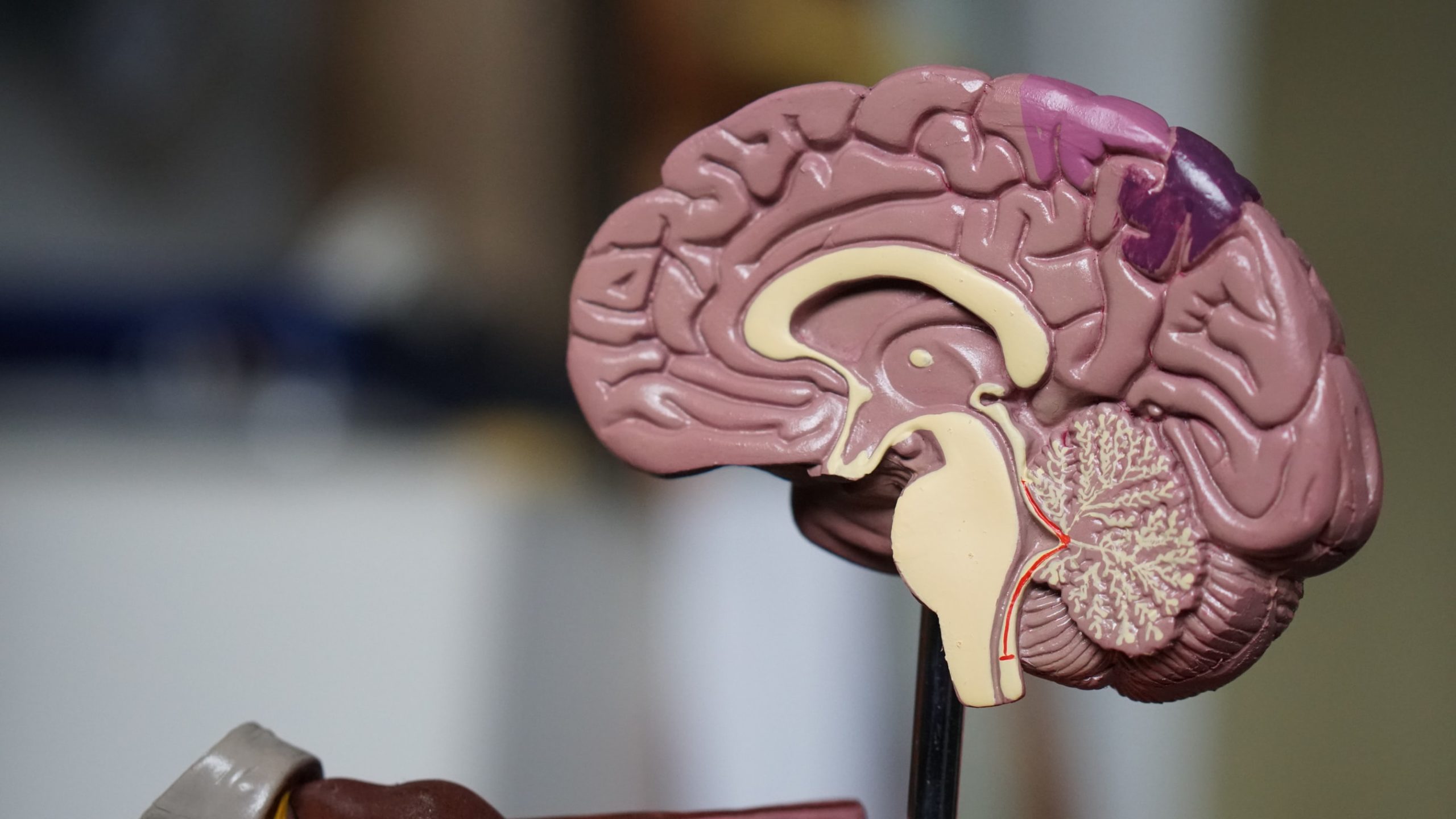You already know how great exercise is for your body. Exercise is vital for maintaining heart and lung function, as well as keeping your joints and muscles strong and healthy. What not everyone knows is how great exercise is for your brain.
Modern research has highlighted clear links between exercise and brain health. Regular physical exercise supports your brain by improving your cardiovascular system. This ensures that your brain receives an adequate supply of oxygenated blood, which is crucial for good mental function. Without proper oxygenation, you will feel less alert, and your cognition and memory will suffer. Exercise also directly benefits your brain by ensuring that a good supply of nutrients reaches the cells, and by inducing the release of specific beneficial proteins. This promotes the growth of neurons (brain cells).
Exercise also has less obvious effects on the brain. Physical exertion produces endorphins, which improve your mood. Exercise also reduces the number of stress hormones in your body, making you happier and less anxious overall. Regular exercise can, therefore, be a useful tool in managing issues with mood, such as depression and anxiety.
Another benefit of regular exercise is an increase in mental abilities. In children and young people who are still in education, regular exercise is associated with better academic performance overall. In mature adults and seniors, test scores on both memory and cognition tend to be higher if they’re physically active.
This may be partly because regular physical activity improves your energy levels during the day, making it easier to stay focused. At night, those who take regular exercise tend to sleep better. This helps to promote good mental function and to consolidate memories, making it easier to recall what was learned during the day.
While exercise for brain health is necessary for children and younger people, the importance of regular, healthy exercise does not diminish as we mature. Exercise remains essential to protect the brain and keep it healthy, helping to maintain cognition and delay the onset of memory problems. One longitudinal study involving a cohort of older adults followed over 20 years showed that exercise is much more useful than diet alone in protecting the brain. However, a combination seems to be the most effective.
What constitutes regular exercise? Well, current guidelines recommend 150 minutes of moderate-intensity aerobic physical activity a week. That includes things like cycling, swimming laps of the pool, or even just walking at a reasonably brisk pace. As you can see, you’d only need to perform 30 minutes of exercise five days a week to meet the guidelines.
Even if you can’t quite manage the full 150 minutes, you can still derive significant benefits from exercise. Just one hour per week seems to be enough to promote better brain health, preventing the decline in memory and cognition that many people assume is inevitable.
When you’re choosing an exercise to support your brain health, aim for a balance between sufficient exertion and protecting your joints and muscles from excessive exercise. If you have joint problems, for example, too much walking might make things worse, and you should choose a lower-impact exercise like swimming or cycling.
It’s also essential to pick the activities you enjoy since it will be harder to stick to a course of exercise that you don’t like. It’s much easier to maintain your exercise program if you find it fun and exciting. Try to find activities where you can train with a friendly group — this will make it much easier to remain committed.
When taking up a new exercise program, you should discuss it with your doctor or another medical professional beforehand. Your doctor can help you determine a safe, healthy exercise regimen that’s right for you. Remember that poorly planned exercise can cause injuries and long-term damage to joints, muscles, and tendons. It could also overtax your heart or lungs if you have underlying health issues.
Tap for recommended posts on the tags you don’t follow






